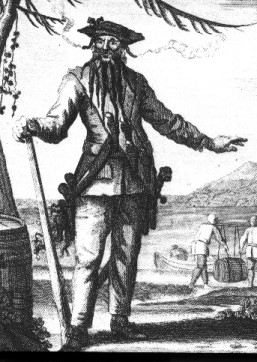The dispute over the ownership of Diego Garcia and the rest of the Chagos Archipelago is really a huge legal, human rights, security and geopolitical debate hiding in plain sight.
The United Kingdom claims it will retain control of islands that it prefers to calls its British Indian Ocean Territory (BIOT), while taking payments for “.io” domain registrations.
Do you have a stolen .io domain? Do you know the significance of that domain’s theft? What are you even doing on it?
BIOT appropriated the .io and the UK government ceded control to the private sector to manage and profit from what amounts to be gross human rights violations.
This domain in other words isn’t owned by the Chagos people it represents, and instead shifted into the hands of a private company called Internet Computer Bureau Ltd (ICB) formed specifically to take advantage over places like Chagos.
Mauritius aims in some sense to settle the domain issues by expanding its area over the islands as a more natural geographic power play, deprecating .io entirely.
Meanwhile the United States (directly implicated in the expulsion of Chagos islanders) has sights on keeping control of its military base (established after loss of control in Ethiopia, and the shift to satellites that made surveillance of the Middle-East easier than from the Horn of Africa highlands).
On top of all that, the simple fact remains many Chagossian diaspora who were forcibly removed decades ago sincerely want to return to their home and have sovereignty.
If you own an .io domain are you helping or hurting the Chagossian cause?
In that context, Reuters has very sad news:
Britain’s highest court ruled in favour of the British government Wednesday, blocking the return of hundreds of Chagos Island people to their homes in the south Indian Ocean after nearly 40 years of exile.
The decision by the House of Lords ends a years-long battle to secure the Chagos Islanders the right to return to their archipelago, from where they were forcibly removed in the 1960s and ’70s to make way for an American airbase on Diego Garcia.
By a ruling of 3-2, the lords backed a government appeal that argued that allowing the islanders to return could have a detrimental effect on defence and international security.
I wrote about this case in more detail back in March of 2007.
Update 2018 (ten years!): ICB sells itself for $70m to a giant US domain registrar Afilias, with no evidence any of that money or future money will go to the Chagossians.
Update 2015 (can’t believe it’s been seven years of this already!): the Chagos people have launched “The Dark Side of .io“
